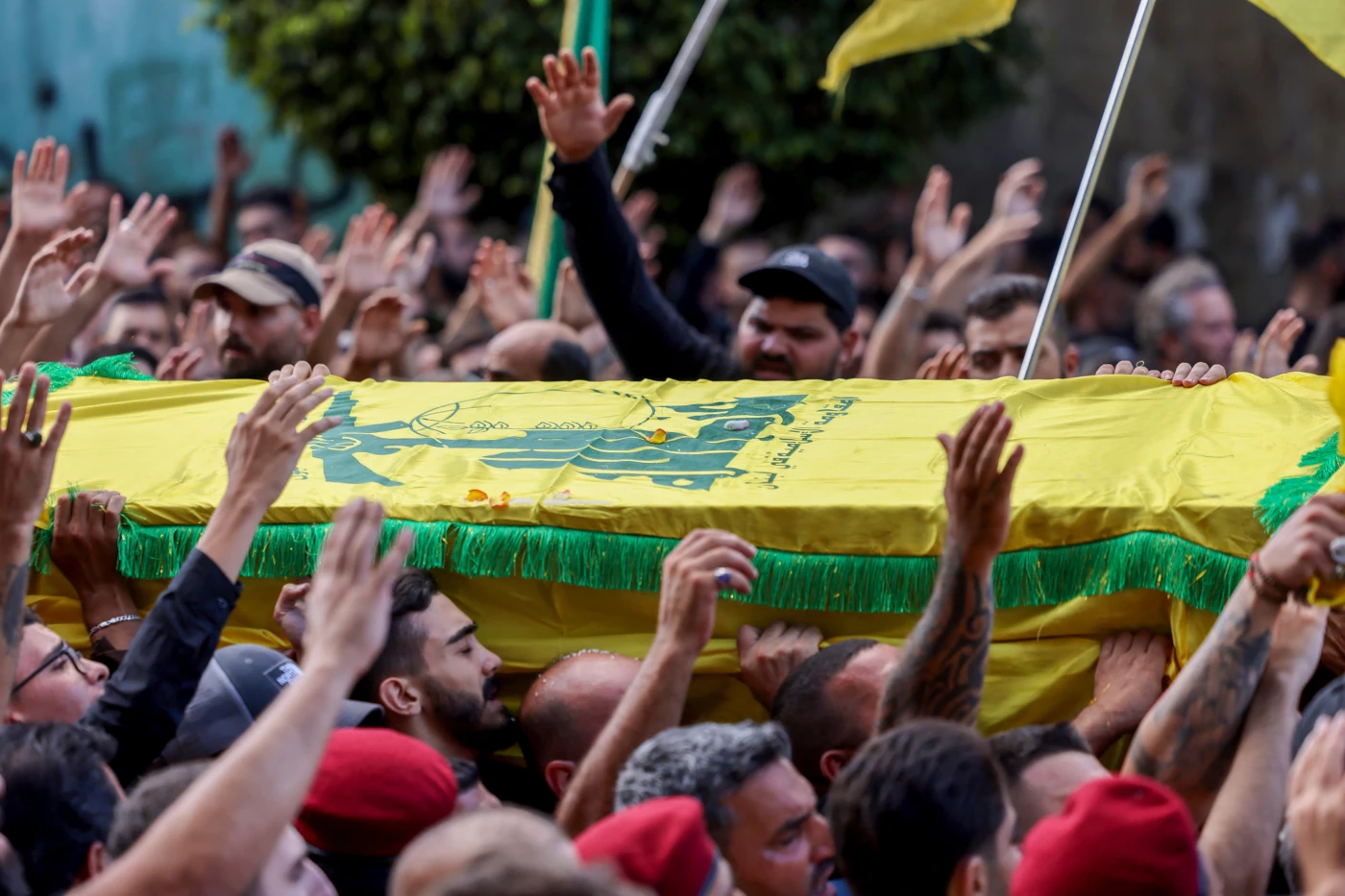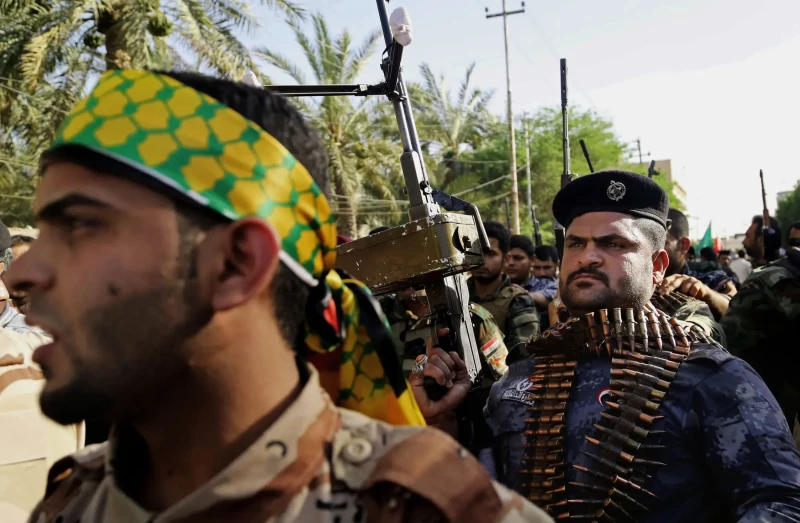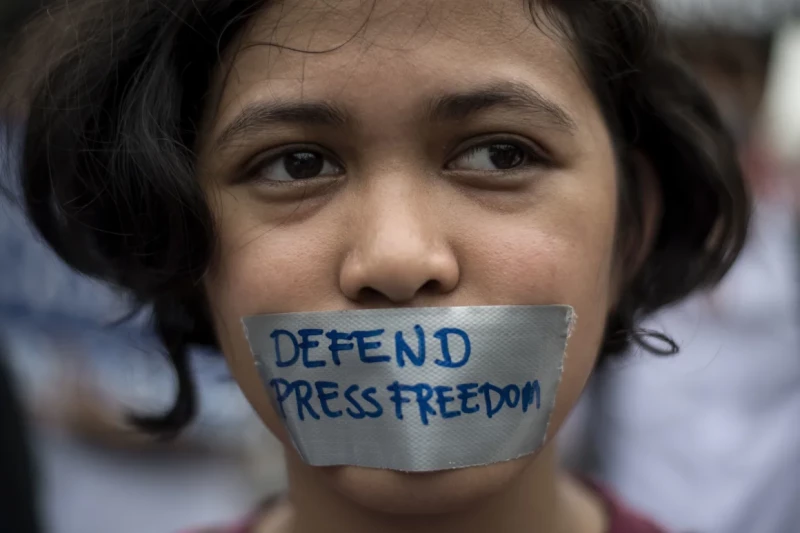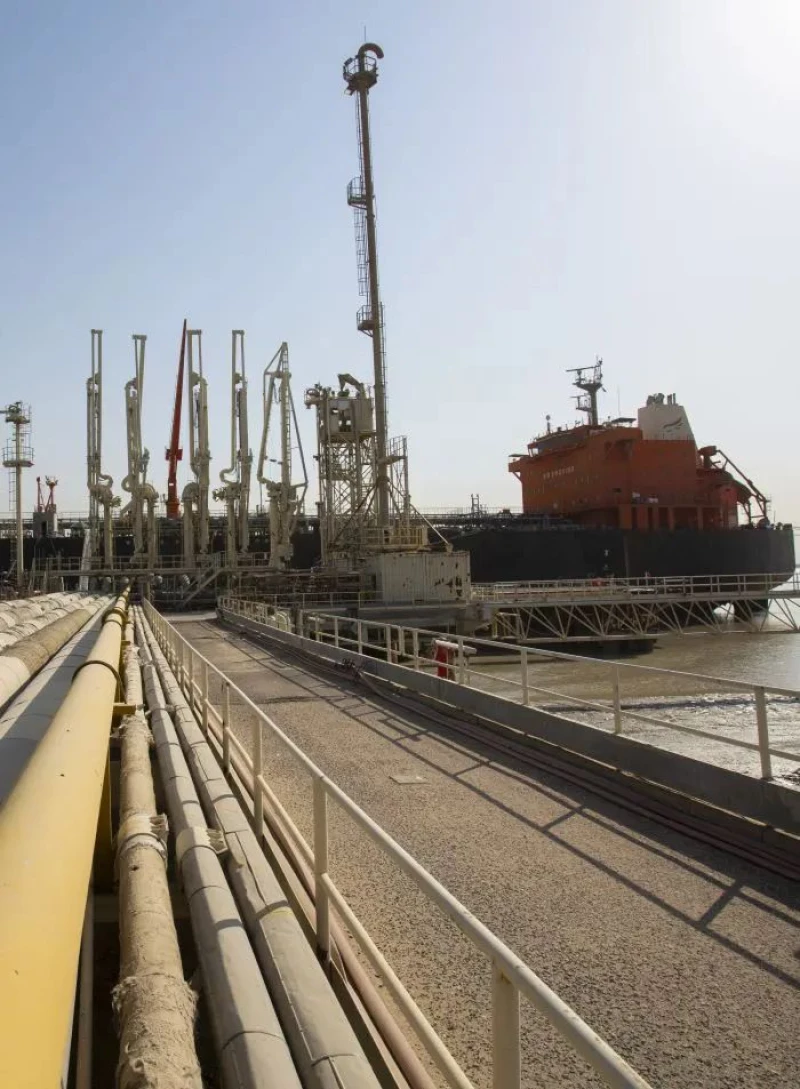DUBAI, UAE - Iraqi political and armed group leaders have condemned the recent Israeli airstrike in Beirut’s southern suburbs that killed senior Hezbollah commander Ibrahim Mohammad Aqeel, known as Hajj Abdul Qadir, along with 13 others. The attack, which occurred on Friday, has sparked strong reactions across Iraq, with factions aligned with the Axis of Resistance pledging support for Hezbollah and threatening retaliation.
Iraqi political and resistance leaders emphasized their readiness to send fighters to Lebanon if needed, underscoring the close ties between Iraqi and Lebanese resistance groups.
“The Lebanon front is the Iraq front, and any threat to Lebanon is a threat to Iraq and its people,” Kazem al-Fartousi, spokesperson for Kataib Sayyid al-Shuhada, told The New Region on Saturday. “The Iraqi resistance is prepared to stand on the front lines in defense of Lebanon.”
The strike, which targeted Hezbollah positions in Beirut, has heightened tensions within the region. Hezbollah is a key player in the so-called Axis of Resistance, a coalition of groups and political factions backed by Iran that oppose Israeli influence and intervention in the Middle East.
Abu Alaa al-Wala’i, Secretary-General of Kataib Sayyid al-Shuhada, expressed his commitment to supporting Hezbollah in the aftermath of the strike. In a message to Hezbollah leader Hassan Nasrallah, Wala’i said he was ready to send 100,000 fighters to the Lebanese border, describing Iraq as the “largest reservoir of power” for the resistance.
“If Hezbollah loses a thousand martyrs, we will support them with 100,000 heroes,” he said in the message.
The Israeli airstrike, one of the deadliest in recent years, has been viewed as a significant escalation in the ongoing conflict between Israel and Hezbollah. In Iraq, where many factions are deeply allied with Hezbollah, the assassination of Aqeel has fueled calls for solidarity and retaliation.
Former Iraqi Prime Minister Adel Abdul-Mahdi said that “resistance has raised the red flag” in response to the killing. “The martyrs strengthen the resolve of resistance fighters and weaken the enemy,” he added.
Other prominent Iraqi leaders also condemned the attack. Hadi Al-Amiri, Secretary-General of the Badr Organization, called the airstrike a “brutal terrorist aggression” and vowed that the blood of the martyrs would guide resistance fighters toward “the path of victory.”
In a statement, Shibl al-Zaydi, leader of the Harakat al-Nujaba, expressed his condolences to Hezbollah. He pledged that the resistance would “continue its path until victory is achieved.”
The strike near Beirut comes amid a broader pattern of Israeli airstrikes targeting Hezbollah and Iranian-backed forces in Syria and Lebanon.
While Israel has not officially claimed responsibility for the airstrike, it has routinely conducted military operations against Hezbollah targets, citing the group’s growing arsenal of missiles and drones as a direct threat to Israeli security.
As tensions rise, observers warn that the attack could mark a turning point in the regional conflict, potentially prompting a coordinated response from Hezbollah and its allies in Iraq and beyond. Many are questioning how these developments will impact the stability of the region in the coming weeks.



 Facebook
Facebook
 LinkedIn
LinkedIn
 Telegram
Telegram
 X
X


